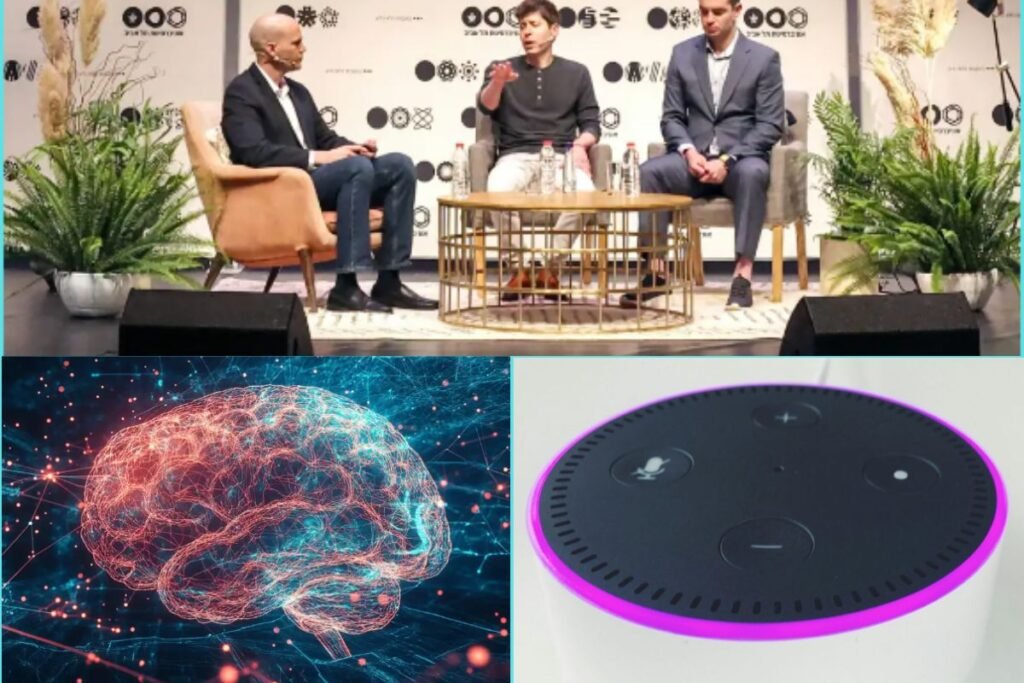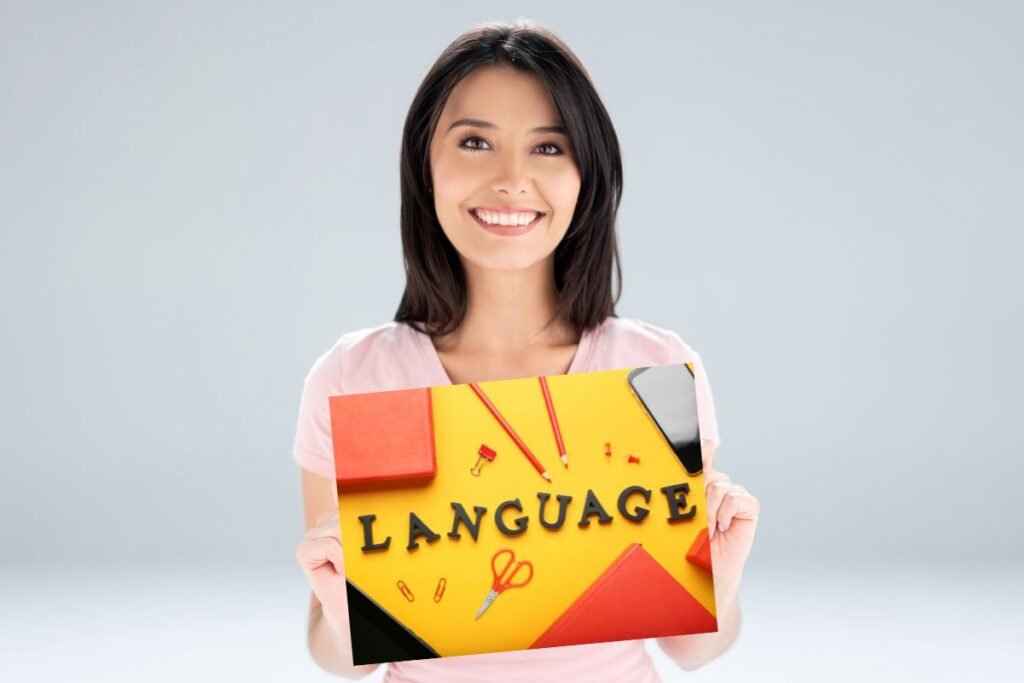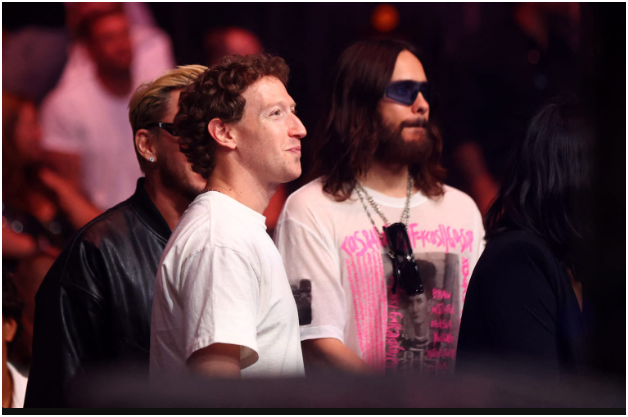
In the rapidly evolving landscape of artificial intelligence and digital media, companies like Meta and Google are pioneering new frontiers. Their AI video generation models, Emu and Veo, respectively, are poised to revolutionize the way video content is produced and consumed.
This article delves into the developments, potential collaborations, and concerns surrounding these groundbreaking technologies.
Meta’s AI Video Generation Model: Emu
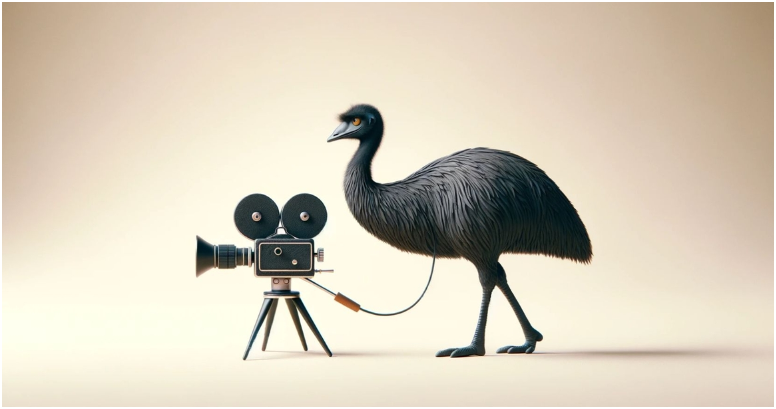
Since 2023, Meta has been developing Emu, an advanced AI video generation model. The company is making significant investments to enhance Emu’s capabilities, including offering tens of millions of dollars to major Hollywood studios for content licensing deals. These efforts reflect Meta’s ambition to leverage AI for creating high-quality video content, potentially transforming production and consumption in the entertainment industry.
Read more about Meta’s Emu development
Google’s Veo AI Video Platform
Google unveiled its Veo AI video generation platform during the Google I/O event in May 2024. Similar to Meta, Google is engaging with Hollywood studios, offering substantial sums to secure content licensing deals to bolster Veo’s capabilities. With actor Donald Glover promoting Veo, the platform showcases its ability to generate visually captivating clips from textual descriptions. This innovation promises to revolutionize video content creation but also raises concerns about the use of intellectual property.
Learn more about Google’s Veo platform
Intellectual Property Concerns in Hollywood
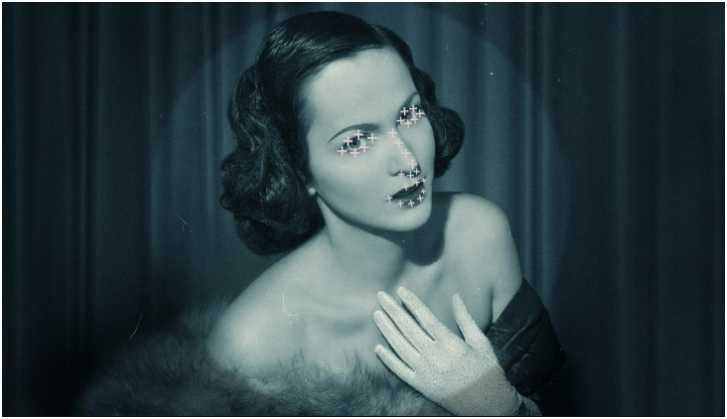
Hollywood studios are navigating the delicate balance between innovation and the protection of intellectual property. While some studios, like Warner Brothers Discovery, are open to licensing specific programs, others, such as Netflix and Disney, are more cautious about granting access to their entire content libraries. This caution was underscored when actress Scarlett Johansson demanded that OpenAI cease using a voice resembling hers for its chatbot without her consent. This incident highlights the need for clear guidelines and agreements to ensure the responsible use of intellectual property and maintain creative control.
Explore Hollywood’s stance on intellectual property
Potential Collaborations and Future Implications
Despite these concerns, some Hollywood studios are exploring collaborations with tech giants like Meta and Google. Warner Brothers Discovery has shown a willingness to license specific programs, while Netflix and Disney are considering alternative partnership models that do not involve full content library access. These collaborations could lead to innovative applications of AI in video content creation, such as generating clips from textual descriptions and new storytelling forms. However, studios remain cautious, emphasizing the need to retain ownership and control over their content.
Understand the future of AI and Hollywood collaborations
Conclusion
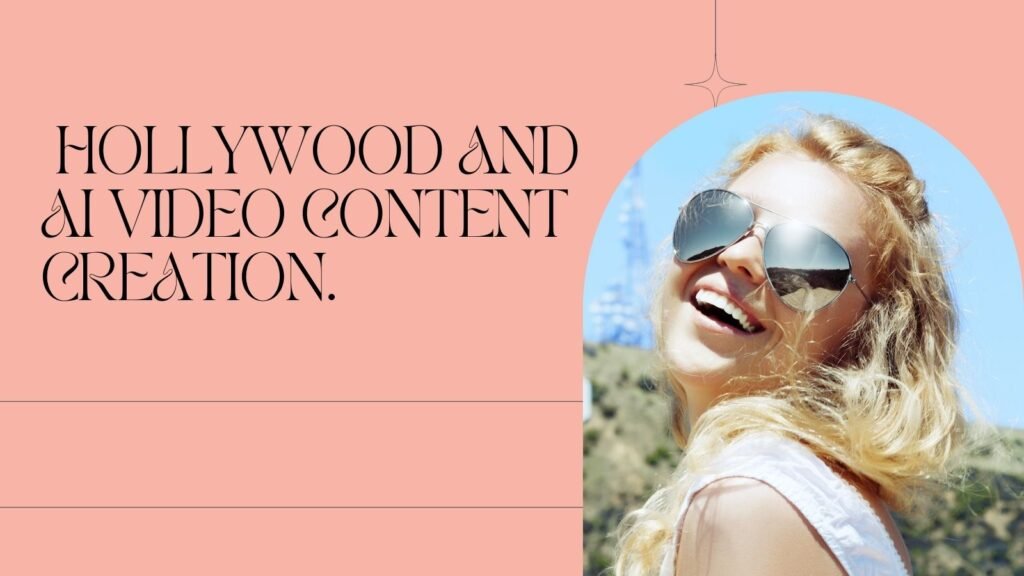
The integration of AI in video content creation by companies like Meta and Google marks a significant step forward in the entertainment industry. While these advancements offer exciting possibilities, they also bring challenges, particularly concerning intellectual property and creative control. As Hollywood navigates these uncharted waters, the collaboration between tech giants and studios will be crucial in shaping the future of media production.
By leveraging AI responsibly and ensuring clear agreements, the industry can harness these technologies to create innovative and engaging content, transforming the way stories are told and consumed.



